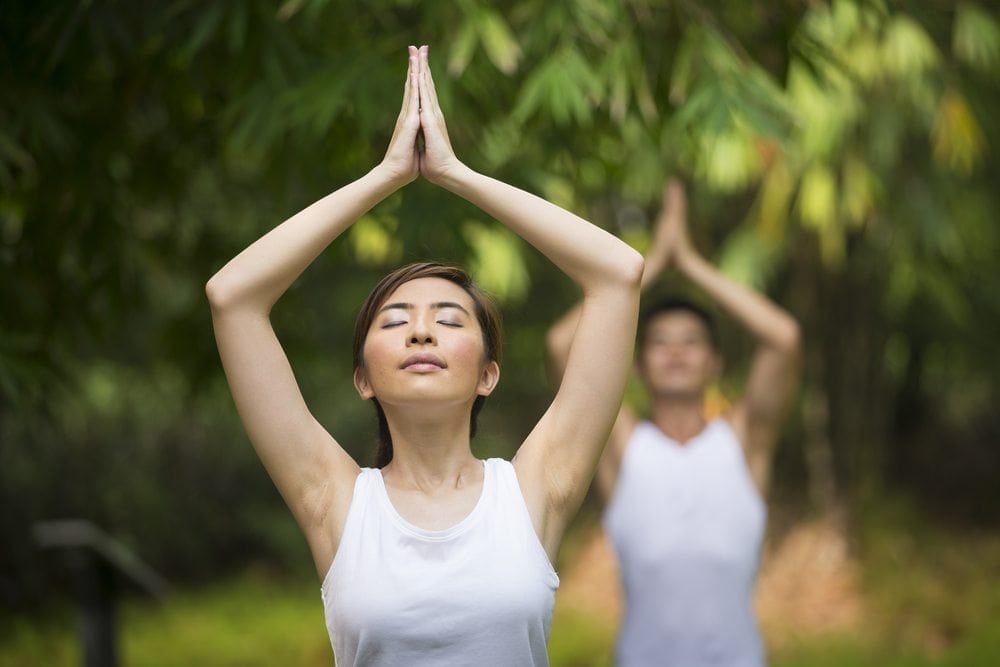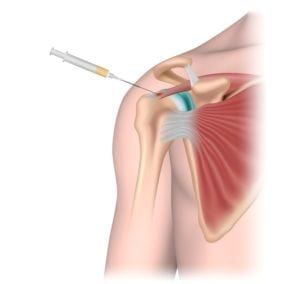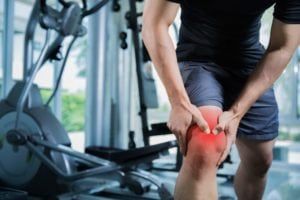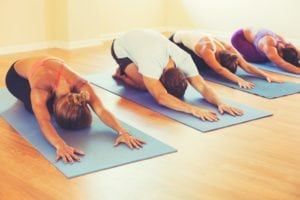Western culture recognizes tai chi as a stress-reducing, alternative therapy. It is estimated that more than 2 million adults in the U.S. currently use tai chi to minimize stress and achieve better overall physical and mental health. Known to many as ‘meditation in motion’, tai chi consists of a series of exercises that are performed in fluid movements. The exercises are performed in silence in an effort to quiet the mind and clear the head of all distractions.
Did you know…
that tai chi is an ancient Chinese martial art? Although its exact origins are unknown, many believe it can be traced back as far as 2,500 years ago. Tai chi was initially developed as a form of self-defense. But today, tai chi is practiced by people around the world for its many health benefits. The National Center for Complimentary and Alternative Medicine (NCCAM) oversees and funds research into the benefits available from this ancient therapy. Researchers are currently studying tai chi’s benefits for arthritis, fibromyalgia, depression, cardiovascular health, and bone loss in post-menopausal women.
Frequently Asked Questions
Could I benefit from practicing tai chi?
Nearly anyone can benefit from tai chi, but it is especially helpful for individuals who want greater mental awareness, less stress, and improved physical health. Because of tai chi’s low impact movements and relaxed approach, it is safe for most people to practice. However, you should still talk with your physician before beginning any new physical exercise, including tai chi.
What should I expect during a tai chi session?
If you are participating in tai chi for the first time, you will probably benefit most from a group class led by an experienced tai chi instructor. Like meditation, you’ll be instructed to breathe with awareness, sharpening your mental focus. Your instructor will lead you through various movements and exercises, combining physical benefits with mental ones. Your body will constantly be in motion throughout the entire session, moving fluidly from one exercise to the next. Although tai chi is low-impact, you can ask your instructor about postural modifications for exercises beyond your physical capabilities. As you become more comfortable, you may choose to start practicing tai chi alone.
What types of results should I expect from practicing tai chi?
Everyone experiences the benefits of tai chi differently. However there are certain benefits that this ancient martial art has been shown to offer, including improved flexibility, balance, hand-eye coordination, and muscle strength. Many also report sleeping better and having less joint pain and stiffness.











